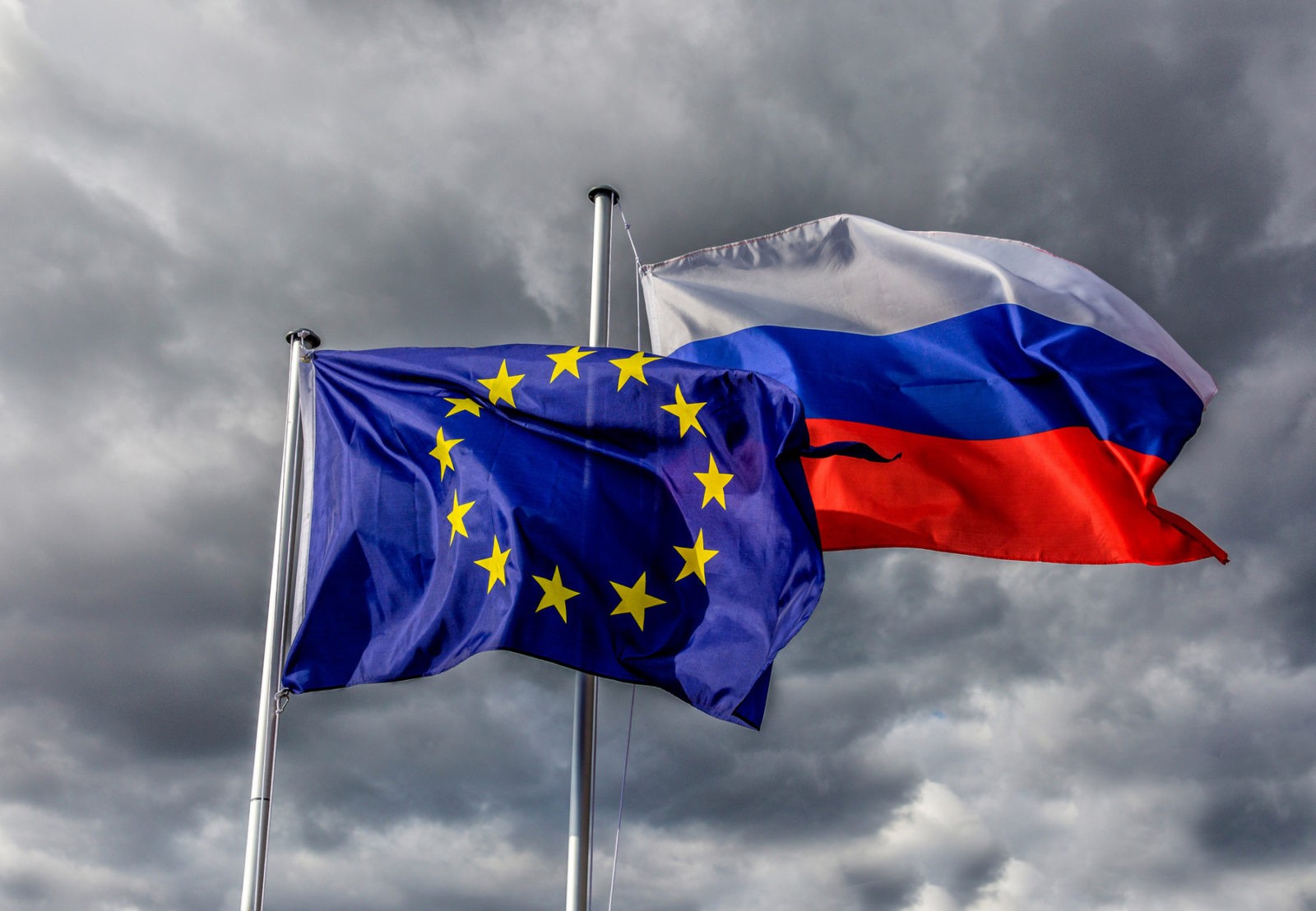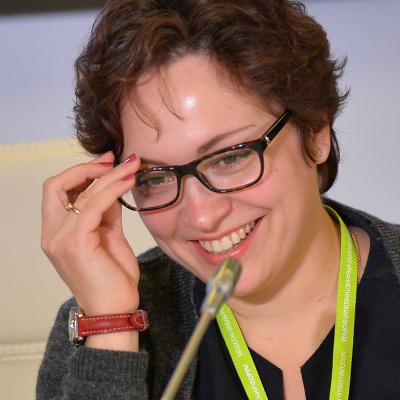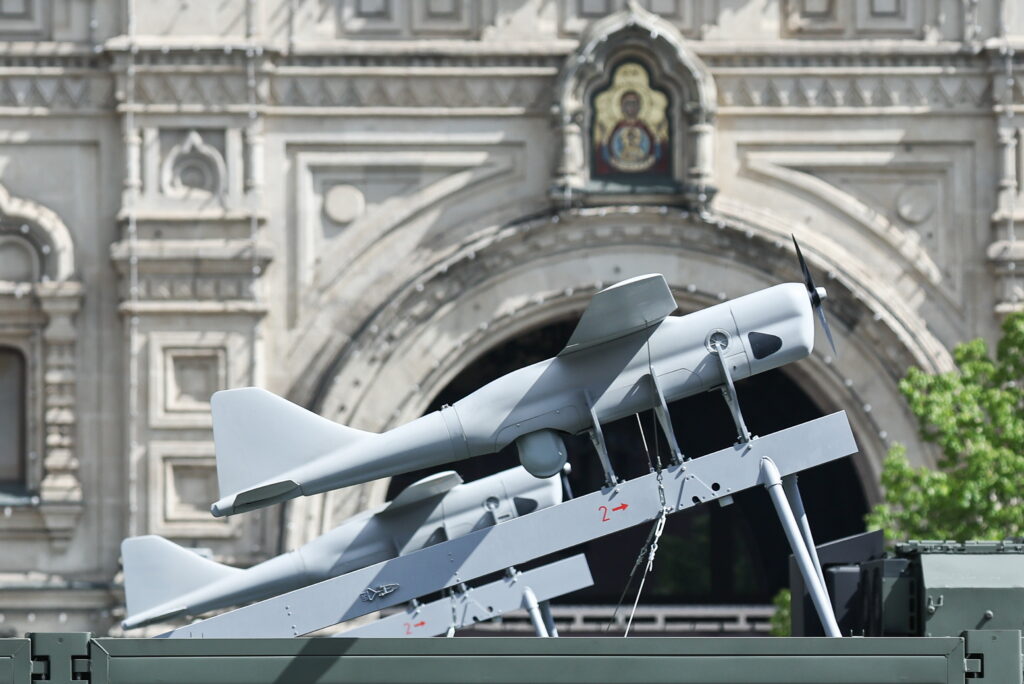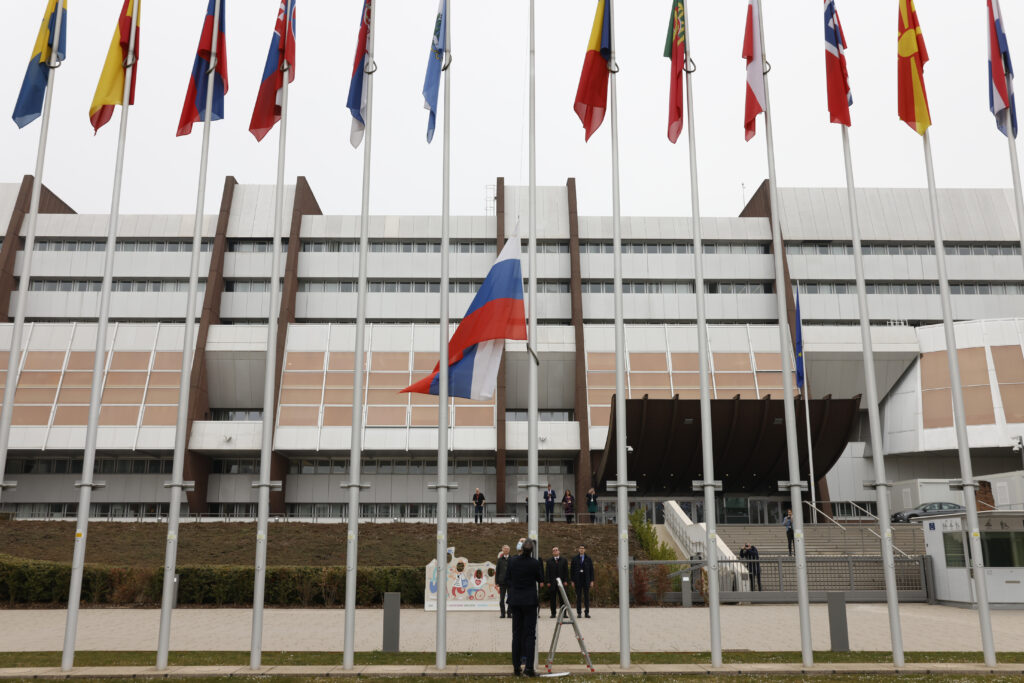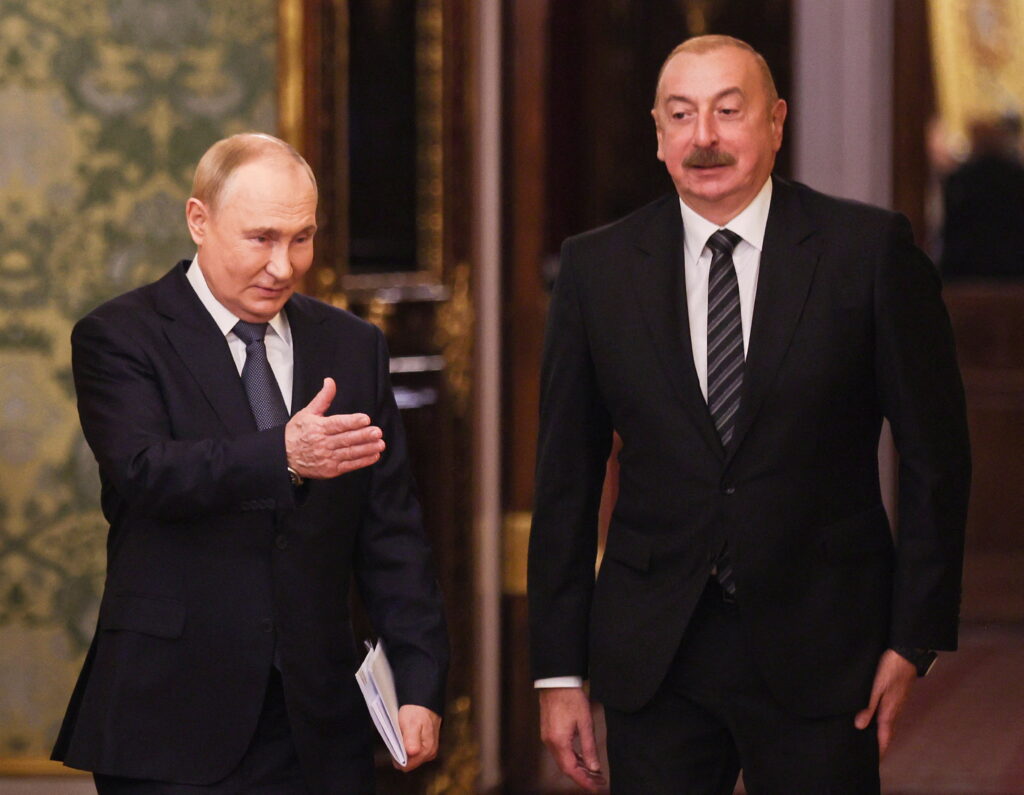In 2011, Moscow launched an initiative to found a visa-free area encompassing the EU and Russia, the move was not supported by the Europeans. Two years later, in 2013, the EU seemingly warmed to the idea and developed a list of steps to be implemented by both parties, which would culminate in visa liberalisation. The “joint steps” document stressed institutional equality between the EU and Russia and their mutual interest in founding a visa-free space. However, the events of 2014 led to a deep crisis in relations between the two sides, thereby freezing any possibility of discussing a new agreement to liberalise the visa regime. Meanwhile, Brussels imposed personal sanctions; individuals subject to them were forbidden entry to EU member states. These sanctions currently apply to 170 people and 44 legal entities. In response, Russia has barred 89 people, representatives of Europe’s political elite and defence establishment, from entering its territory.
Nevertheless, the Russian authorities and their European counterparts still cooperate under the auspices of the 2007 visa liberalisation agreement. Despite the frayed nerves of recent years, it remains entirely possible that the EU and Russia will resume their dialogue about visa liberalisation. Here’s why.
How Geopolitics Got in The Way
Geopolitical tensions proved to be a constraint on visa liberalisation between the EU and Russia, but certainly not in the way either side expected.
The current agreement on relaxing the visa regime and visa application procedures has not changed. In 2013, before the annexation of Crimea, Russian citizens received 7 million Schengen Area visas, 54% of which were multiple-entry visas; the rejection rate for visa applications was a mere 1.4%. In 2018, Russians received 3.7 million Schengen Area visas; a decrease of 47% compared to 2013; however, 82% of these were multiple-entry visas. The rejection rate remained insignificant at 1.6%.
However, this fall of almost 50% in the number of Schengen Area visas actually does not mean that the EU has tightened its visa policy towards Russian citizens. The causes for this negative dynamic can be found within Russia itself, not outside its borders. Simply put, Russians are less interested and less able to travel to EU countries, partly due to their declining living standards and partly due to the tightening of legislation regulating overseas travel for certain sections of the population: namely civil servants, military personnel, policemen, and people in arrears in paying alimonies, fees to the state, taxes, fines, mortgage contributions and other debts (in accordance with chapter three of the Law on the Procedure for Leaving and Entering the Russian Federation.)
At the same time, rising geopolitical tensions with the EU did not significantly deter European tourists from visiting Russia. According to data from the Russian Ministry of Foreign Affairs, in 2015, 2.28 million visas were issued at Russian consular offices across the world, of which 1.14 million were tourist visas. By 2018, the number of visas issued had increased to 2.75 million, of which 1.52 were tourist visas. Yet the dynamic of these visits did change: the loss of business and tourist revenue from European visitors was fully compensated for by the increased number of visitor from China, Japan, and South Korea. In the first half of 2018, the top countries five countries of origin of foreign tourists in Russia were as follows: China (448,000 tourists, or 28.5% of all foreign tourists visiting the country), Germany (163,700 or 10.4%), South Korea (116,800 or 7.4%), the USA (90,100 or 5.7%) and Israel (58,500 or 3.7%).
Today’s difficulties in implementing the 2007 EU-Russia visa liberalisation agreement are chiefly due to the actions of visa centres. These middlemen, contracted to process the large number of visa applications for consular offices, often independently expand their remit, thereby violating the existing agreement. For example, the visa centres operating in several EU countries request additional information from Russian applications for a Schengen Zone visa such as their marital status, real estate ownership, and previous visas. For their part, Russian visa centres require that any EU citizen who was previously a citizen of the Soviet Union or Russian Federation provide documentation to prove that they have renounced their Russian citizenship.
A Policy for the Kids and the Pensioners
It is clear that Russians’ level of interest in travel to the EU and likelihood to do so depends on their age group, educational background, and financial resources. The same is no less true for Europeans travelling to Russia. According to data from the Eurasian Development Bank’s (EDB) integration barometer, the level of interest in visiting Europe and studying overseas among young Russians aged 18-24 is decreasing. But despite this downturn, in 2017, 24% of respondents expressed a desire to study in the UK, 14% in Germany, and 10% in the USA. This is a highly important indicator, and a good reason to improve dialogue about visa liberalisation between the EU and Russia.
Visa liberalisation with Russia appears to be far from a marginal pursuit; it has recently been discussed in several high-profile events involving EU functionaries. In May 2019, German and Russian youth organisations launched an initiative to sign a memorandum calling for the abolition of visa requirements for participants in youth exchange programmes. The EU-Russia Civil Society Forum, during its annual summit in Bratislava in May of 2019, also held an expert session dedicated to the challenges and obstacles in creating a unified visa-free regime between the EU and Russia for certain groups. At the May Berlin summit of the Petersburg Dialogue, the German diplomat and head of the Munich Security Conference Wolfgang Ischinger spoke of the need to introduce a visa-free regime for all young Russians and Europeans aged 18-25. Ischinger’s words were supported by representatives of the German political elite. The politician Dirk Wiese, who represents the German government in issues relating to cooperation with Russia and the Eastern Partnership states, also recently voiced his support for creating a German-Russian expert group on visa issues during at a bilateral meeting in Moscow. A proposals to improve the issuance of visas developed by the aforementioned expert group is due to be presented and considered during the Petersburg Dialogue meeting in Bonn this month.
A Never-Ending Crisis or a Chance for Fresh Dialogue?
Ultimately, the abolition of visas or at least the simplification of the visa regime is a matter of political will. The near future already holds some major changes for Russia’s visa system. During the recent St Petersburg Economic Forum, head of the Federal Tourism Agency Zarina Doguzova announced the introduction of a unified e-visa system for foreigners visiting Russia, with the exception of US, Canadian, and British citizens. Russia already put this approach to the test during the FIFA World Cup in 2018, when a fan ID document functioned as the equivalent of an electronic visa. At present, citizens of some foreign countries can enter the territory of the Far East Federal District on a single electronic visa, an approach which will be extended to the Kaliningrad Oblast from this month onwards. To obtain an e-visa, tourist will be required to complete an online application form no later than four days before their expected date of arrival in Russia.
The piecemeal introduction of electronic visas could turn Russia into a country with one of the world’s most liberal visa regimes. But it doesn’t end there; these steps could even provide an additional incentive to resume dialogue on a bigger move towards visa liberalisation between the EU and Russia.
